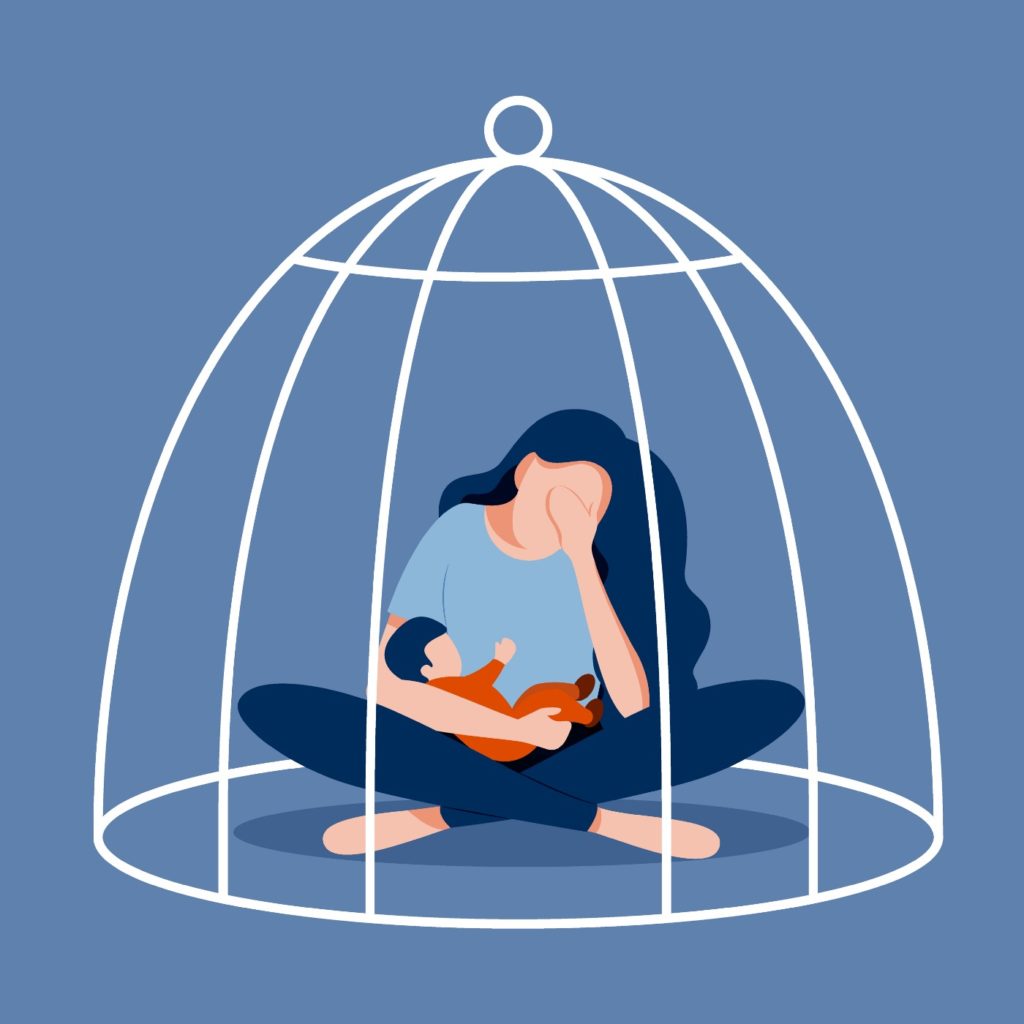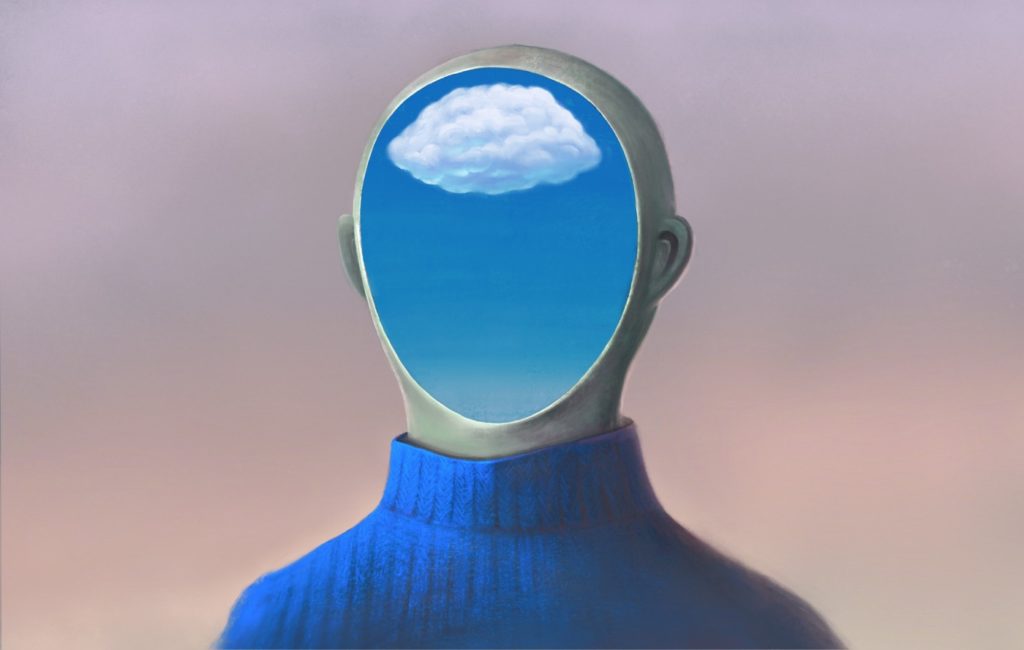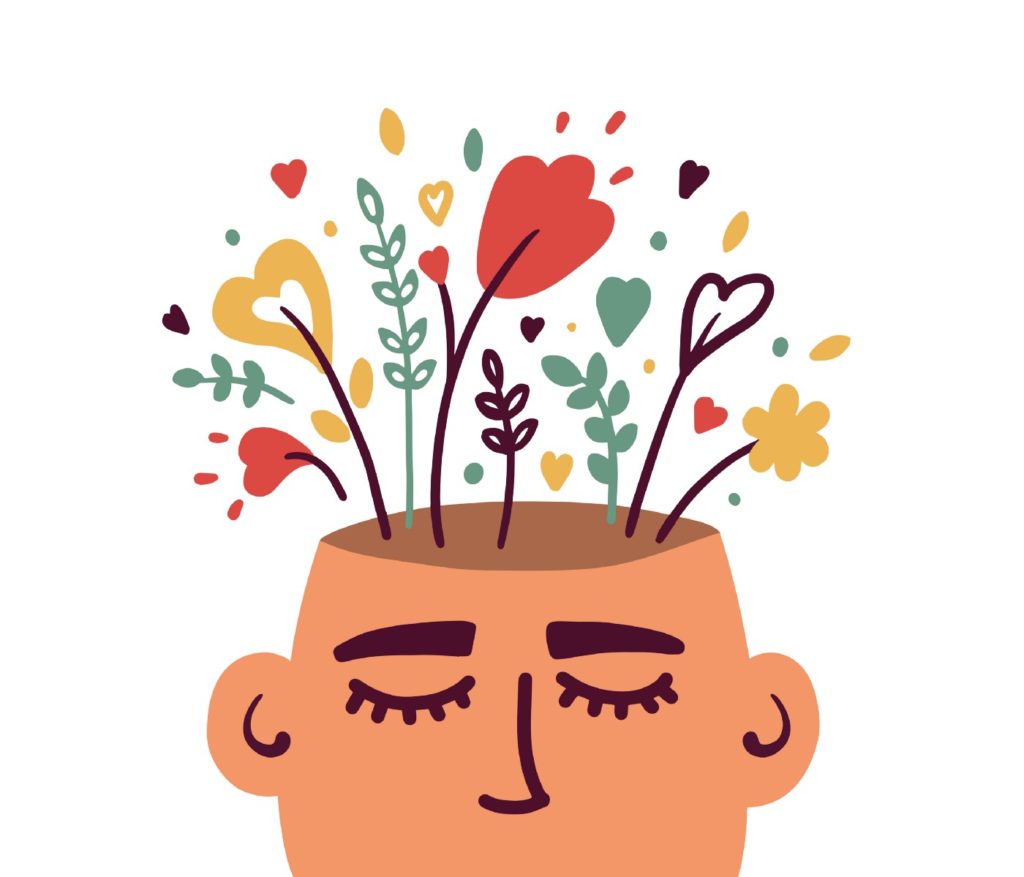Four principles that will change your life and the way you deal with challenges
“So long as we believe our emotions are coming from the outside world, we are stuck feeling that way until the world changes. When we see our emotions coming from our own thinking, we know it’ll dissipate when our thinking changes, because our thinking always changes eventually” J.Pransky.

We create our thoughts; our thoughts create emotions, which make more thoughts, which generate more emotions. I call this the whirlpool of the mind. It seems pretty obvious when you think about it; however, everyone who comes into my therapy room is here because they believe they have lost control of their emotions and behaviours, resulting in them feeling powerless. What I attempt to show them is that it’s not so much that they lost power; you cannot really lose something you constantly create, rather that they lost sight of what is real.
Three things you need to know about thoughts:
- The human brain is believed to generate 50,000 thoughts per day, 70% of which are negative, and you have very little control over this. The mind creates constantly; it’s in our biology.
- It’s not your thoughts that get you into trouble; it’s the power you give to them.
- You have everything we need in ourselves to be ok; you just need to listen.
“Thoughts create our world and then say “I didn’t do it “” David Boom, Physicist.

Since my daughter was just a few weeks old, I decided that she was headstrong, difficult, impatient, stubborn, and somehow didn’t love me as much as she loved everyone else. I had convinced myself that she was better off being raised by someone other than me and that we wouldn’t get along. It didn’t mean I didn’t love her, even though, like for many other mums, love for my daughter wasn’t instant; I didn’t feel that all-consuming motherlove that movies and social media made me believe I was supposed to feel. Instead, I felt responsibility and fear, but not love, not right away. It is a strange thing to expect from women, we are called too emotional and naïve if we fall in love with someone in a matter of weeks, yet we are expected to fall in love with our babies the minute we meet them. Still, like with any other relationship, sometimes you need to get to know each other first to build foundations. Like any other relationship, it started with affection, which developed into attachment that blossomed into love.
So, yes, I came to love her deeply. Still, I was in the eye of the cyclone, battling postpartum depression. Even in the year and a half that followed after I thought I had kicked the symptoms, I was still feeling I was dragging these dark thoughts and the emotions of guilt, anger, and frustration that sprung from them, with me every day. Therapy is what allowed me to drag myself out of this dark, hopeless hole I was unwillingly burying myself in. However, I will be honest, I still go back there now and then, and what comes next is not a magic solution to see everything rosy and perfect all of the time because that doesn’t exist. What comes next are simple truths and principles that, when understood and followed, can change how you approach challenges and whatever life throws at you. To me, it meant that whenever I go back into that hole, I know how to come out; I do not feel like I am a slave to my thoughts and emotions anymore; I know I have a choice.
Four principles that will change your way of approaching challenges:
1/ Your thoughts and feelings are the results of your own experiences and beliefs; they’re not a reflection of the world
“We live in a world of thought, but we think we live in a world of external experience. The mind is not a camera; it’s a projector. We can’t tell the difference between an imagined experience “in here” and what’s going on “out there,” and that confusion creates a lot of confusion” Michael Neill.
And so one day, it hit me, expecting my 16-month-old daughter to wake up in the morning and think to herself, “I am going to make my mother miserable today,” was as ludicrous as expecting her to start explaining to me what was wrong in a fully formed sentence.
But if my feelings weren’t imposed on me by her, then whose were they? Where did they come from? My feelings came from my thoughts; without thoughts, there would be no emotions; her behaviour triggered my thoughts, yes, but I created those thoughts myself. The idea that anyone or anything can “make us feel something” is an illusion, a trick of the mind to give ourselves a pass. “This emotion is not mine; they made me feel this way because of how they acted; therefore, it is not my responsibility to do anything; the world has to change, not me,” and how good we are at telling ourselves that.
But how can anyone make us think or feel anything? Isn’t that the ultimate freedom of all? In his book “A man’s search for meaning,” Viktor Frankl explains how, when a man has been robbed of his physical freedom, his dignity, and his humanity, the one thing that’s left, the one untouchable freedom he can sustain is the freedom of the mind. It’s his ability to think and feel, and create learnings and wisdom from what has happened to him, his ability to choose his attitude in any given set of circumstances. This is the tale of a man who survived the Auschwitz concentration camps. So I thought, if he could find the strength to change his thought process to survive one of the greatest tragedies in human history, I can probably use the same strategy to survive motherhood.

So there it is, we attribute our feelings to the world around us, and that misunderstanding is what lies beneath most of our problems because the reality is that our thoughts and emotions are our responsibility. The world will be exactly the same before, and after we’ve experienced them, the only variable is what we make of them.
Patterns of thoughts are born from our experiences, memories, and beliefs. These patterns are what Jack Pransky refers to as “thoughts of habits” in his book “Somebody should have told us” they are shortcuts to our memory; they are what allow us to learn, think, and act quickly. Without them, everything we do or say would take an incredible amount of time because everything we experience would need to be analyzed. A table doesn’t need to look exactly like every other table you’ve encountered in your life for you to recognize it’s a table. You see a flat structure supported by four legs that stand up, and you deduce it’s a table, even if you’ve never seen one just like that one before. Your thoughts of habits are the ones that allow you to come to this conclusion; they are fed by your memories, your experiences, your learnings, and your beliefs.
My experiences as a daughter, my memories of my relationship with my mother, and my beliefs that I wasn’t cut out for this were the source of the thoughts cluttering my mind and made me feel I was failing.
2/ You don’t have to believe everything you think
So if we agree that we make up our thoughts, that they are just an illusion, could we also agree that if they don’t serve us, then we don’t have to believe them?
My thoughts were reflective of my past rather than my present, so I could decide not to believe the “she’s vindictive” or “she doesn’t love me” thoughts because they weren’t real. And although I couldn’t stop my mind from creating these thoughts, whether or not I decided to entertain them was absolutely a matter of choice.
Recognising that every feeling you experience is only a shadow of thought can be liberating, as it means that you do not need to be scared of your feelings anymore you can let them flow through you and let them go.
Our thoughts are not the ones getting us into trouble; it’s what we do with them and the power we give them that does. If we agree this to be true, then we are only one thought away from another emotion.
3/ You already have everything you need to be ok.
“You are already perfect, whole, and mentally healthy, just as you are. You are always capable of convincing yourself otherwise” M.Neill
My daughter took her first steps this weekend; she didn’t do it so she could prove something to me or because she tried to acquire some sort of status, happiness, glory, or fame. She took her first steps because she felt it was the more logical way to get from point A to point B. Babies fall, fail, try again, and learn relentlessly without ever questioning their ability to succeed.
We are born with innate wisdom; we are born confident, happy, brave, and healthy. Then the world happens, and we forget we have that power in ourselves, ready to use when we need it. We forget because the world is loud, and so are the thoughts we create. But if we were to recognize these thoughts as the fleeting mirages of the mind that they are, and if we were to make space in our mind to listen to our inner wisdom, we could achieve something much more potent than happiness; we could achieve peace of mind.

4/ Happiness is overrated; try peace of mind instead
We’re told to be happy because “nothing is more important than happiness”; the problem with this mindset is that it ignores the fact that we cannot control what our mind creates. So, negative thoughts and emotions will make their way through no matter how good we are at trying to be happy and that’s ok. They are part of being human and are necessary to learn about ourselves, our boundaries, and the world. Negative emotions aren’t destructive as long as they flow; ongoing feelings that don’t leave us stop serving us well, and that’s when we tend to feel stuck, deprived of the ability to move on, grow and improve.
So if negative thoughts and emotions are part of life, aiming for perpetual happiness is not only delusionary; it’s setting oneself up for failure.
Realising that your mind is capable of creating the best as well as the worst and that none of it matters because those thoughts aren’t real, they are temporary, and so are your emotions, can be liberating. This realisation won’t always bring you happiness, but it will bring you peace of mind.
Peace of mind is the ability to know that whatever happens, whatever life throws at you, you know you’ll be ok because you already have everything you need inside of you to be just fine. And when you reach peace of mind, happiness will follow, because happiness is not something you seek out in the world, it’s something you own, hide from yourself at times, and then find again when you’re busy doing something else.
Happiness is like plug sockets, earphones, keys, and left socks, it can only be truly found when you’re not looking for it.







